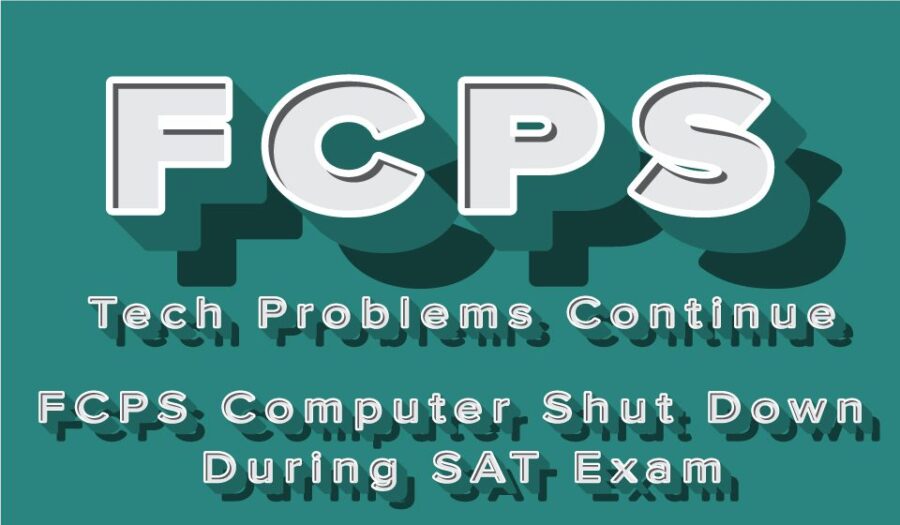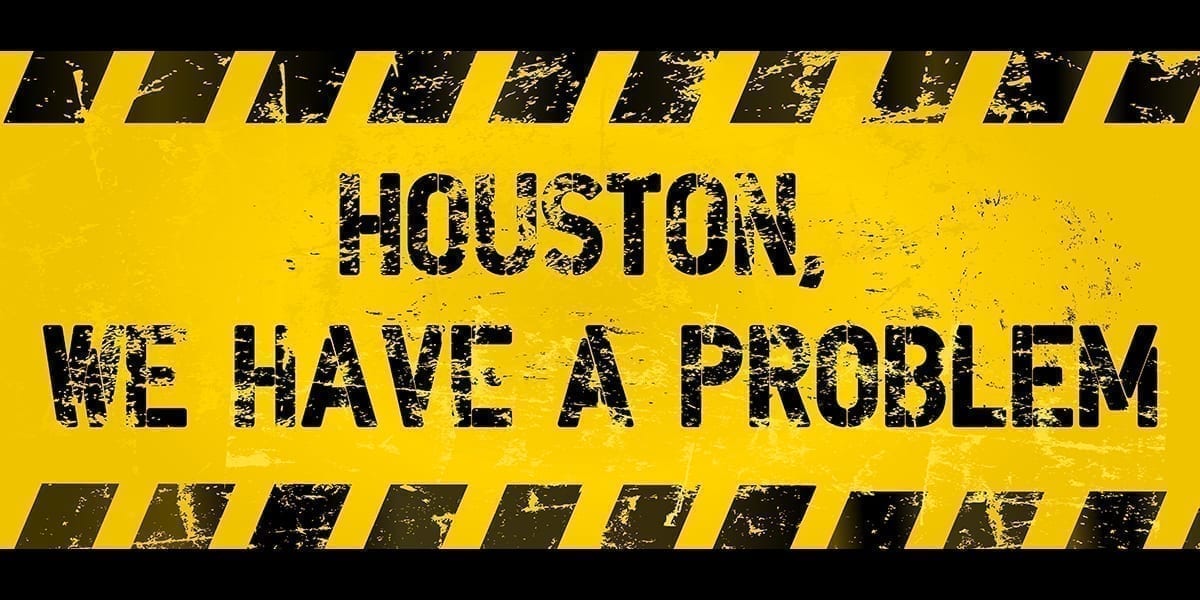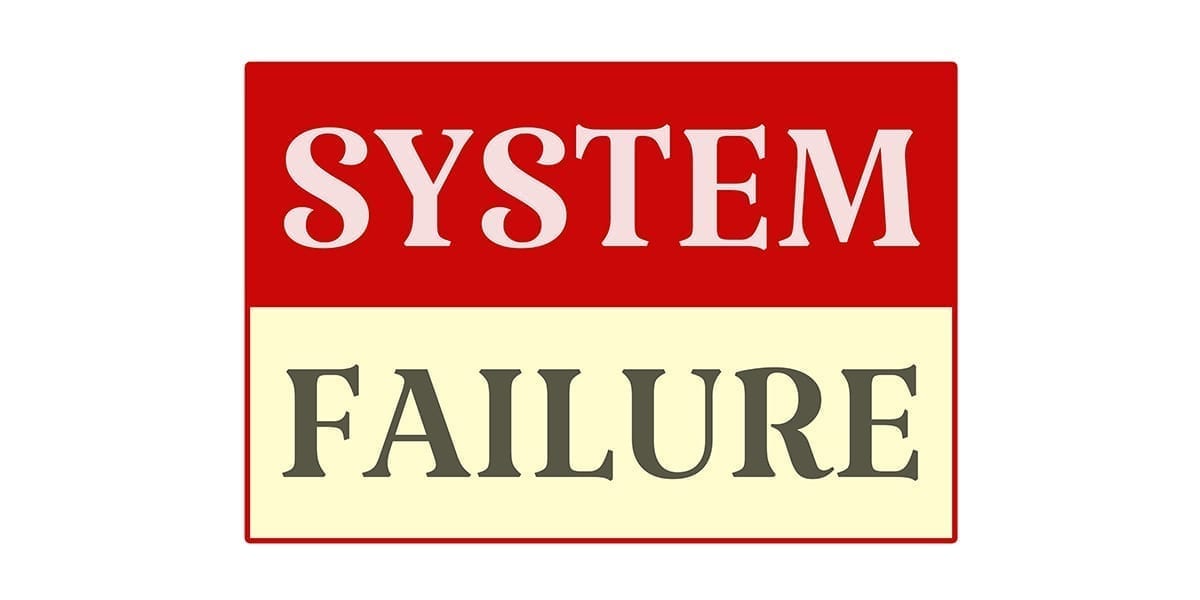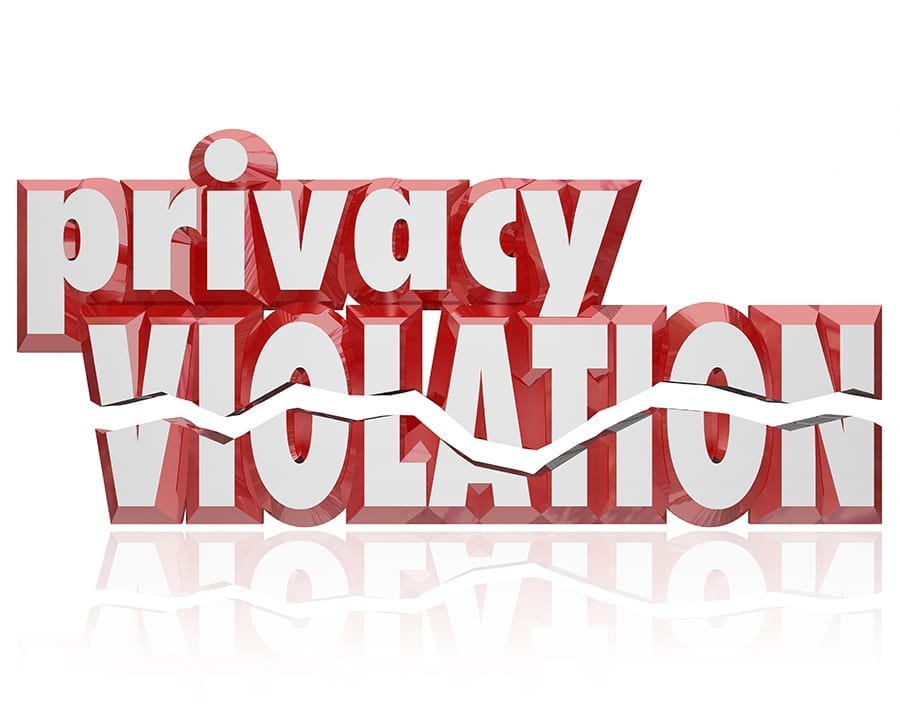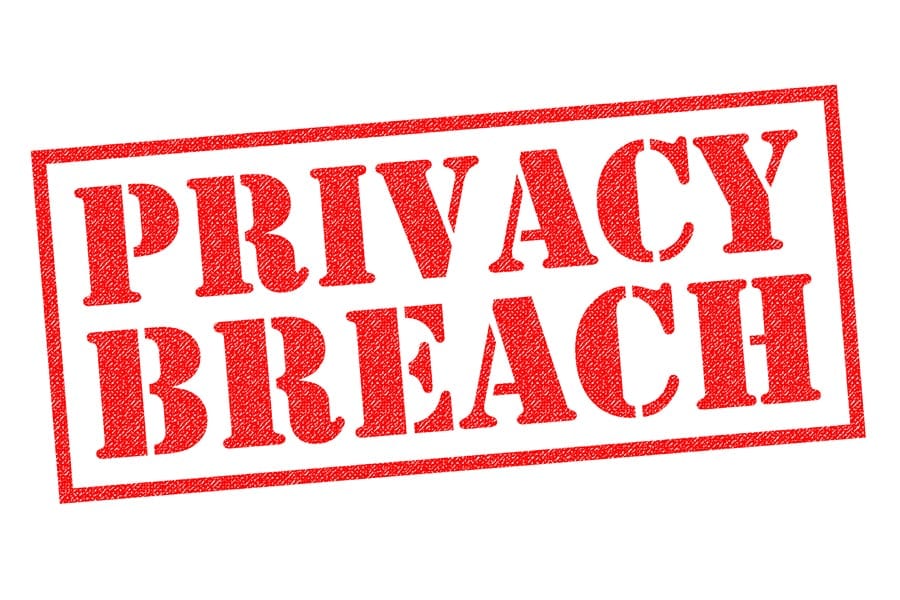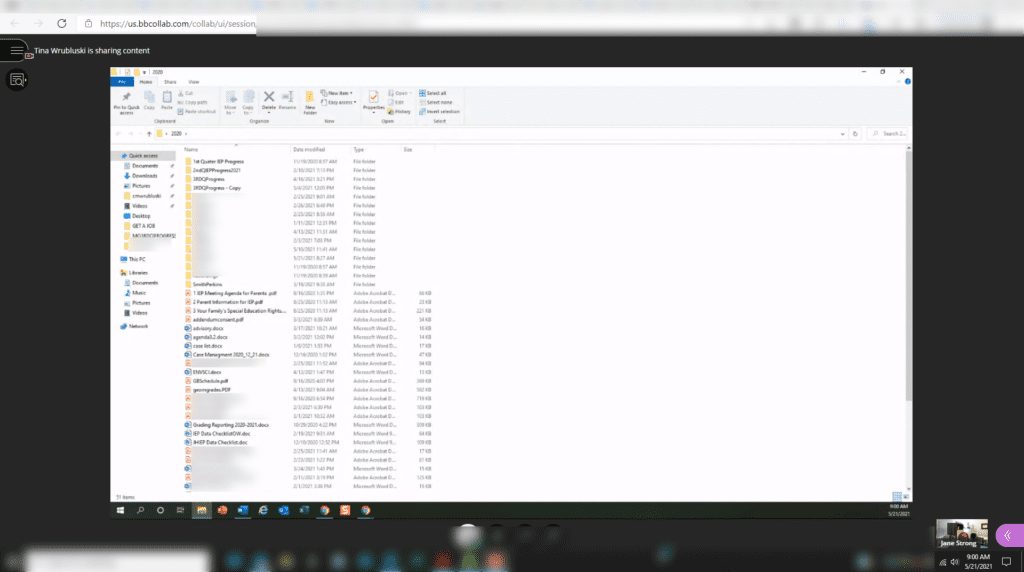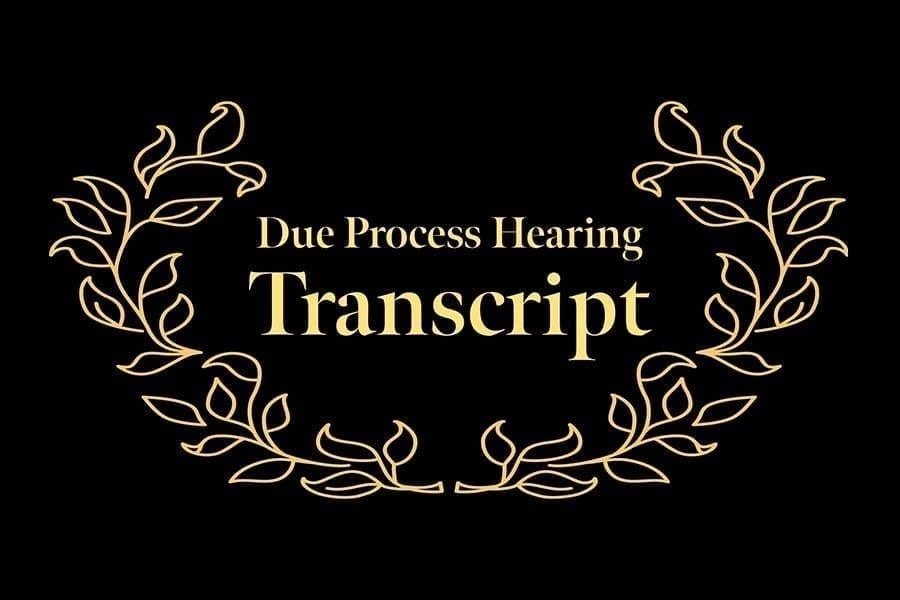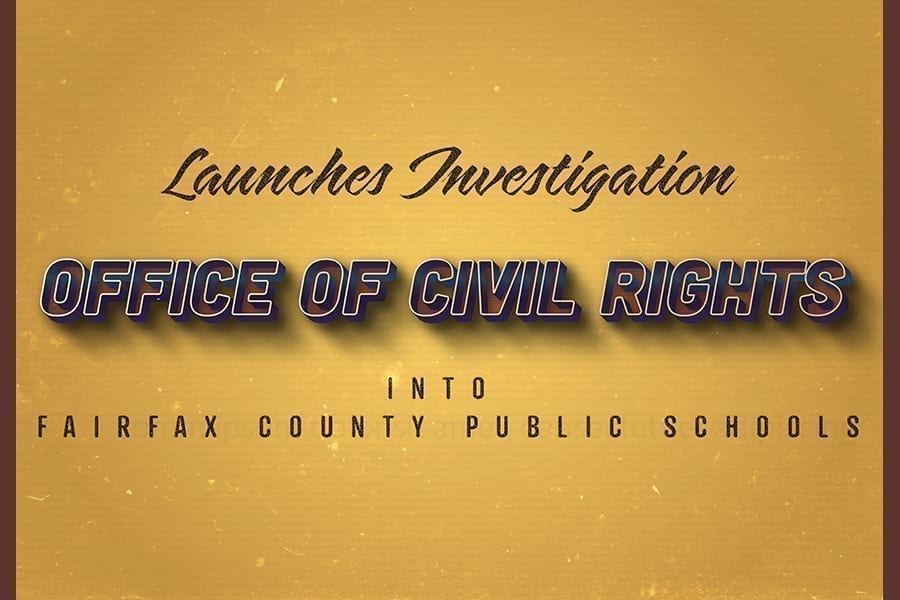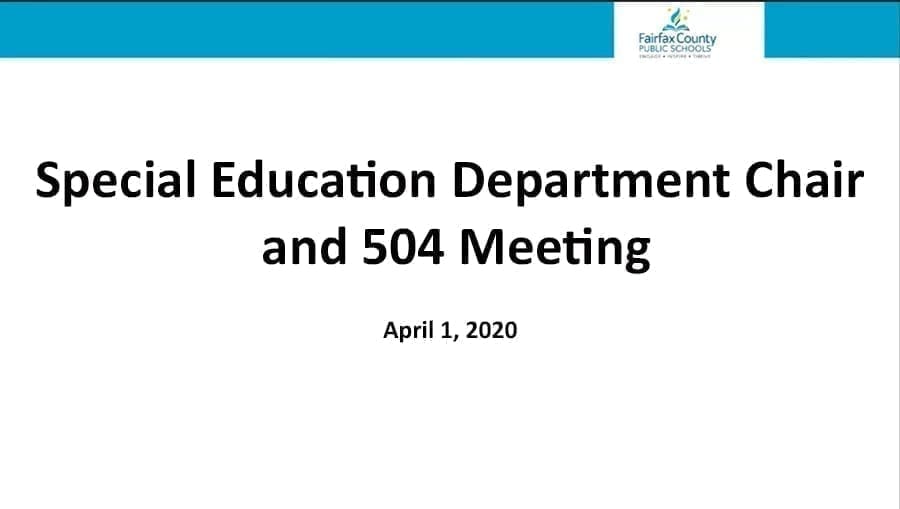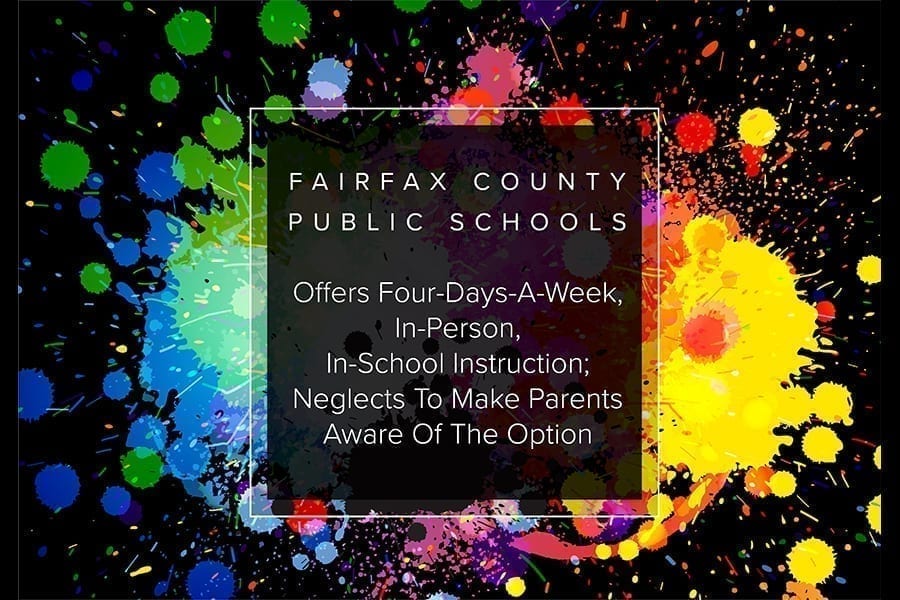Going Local: Virginia
FCPS Tech Problems Continue: FCPS Computer Shuts Down During SAT Exam
Today’s word for the day:
Negligence.
Definition:
Failure to take proper care in doing something.
Example:
Fairfax County Public Schools provided a student a computer that shut down while the student was taking the SAT exam.
Virginia Department of Education Allows Noncompliance to Continue
The Virginia Department of Education (VDOE) continues to turn a blind eye toward noncompliance within Virginia school districts and fails to heed the United States Department of Education’s (USDOE) dictum, “Completely ignoring credible allegations of noncompliance is not a reasonable method of exercising the State’s general supervisory responsibilities.”
February 28. 2018, documentation of over 400+ special education violations was provided to the Virginia Department of Education (VDOE). The violations were committed by Fairfax County Public Schools (FCPS) and admitted to in unredacted internal FCPS documents title “Hot Topics”.
Two years later, the United States Department of Education (USDOE) Office of Special Education Programs (OSEP), advised VDOE. “Completely ignoring credible allegations of noncompliance is not a reasonable method of exercising the State’s general supervisory responsibilities.” And yet, the Hot Topics report remains uninvestigated and the noncompliance continues.
Fairfax County Public Schools Breaches Privacy of Thousands of Students; FERPA Noncompliance Continues
The breach includes the students’ names, their FCPS identification numbers, their FCPS email addresses, the schools at which they are enrolled, the names of their parents and/or guardians, and the email addresses of their parents and/or guardians.
The Perfect Storm: FCPS Video Features FERPA Violations, Teacher Training Issues, Fidelity of Implementation Problems, and Possible IEP Noncompliance
November 5, 2020, Fairfax County Public Schools again violated student privacy and again exhibited issues related to teacher training, a reading-related program, fidelity of implementation of a reading-related program, and possible noncompliance of student IEPs.
These issues occurred during an office hour session with FCPS’s Alice Lima-Whitney, during which she and the staff in attendance discussed the program iLit and how the teachers were progressing with their students.
U.S. Dept. of Education’s Student Privacy Policy Office Rules FCPS at Fault for Privacy Breach
Oops! . . . They Did It Again!; Fairfax County Public Schools Continues to Breach Student Privacy
Today’s privacy violations are brought to you by Fairfax County Public Schools’ (FCPS) Office of Special Education Procedural Support.
May 6, 2021, Jane Strong, director of the Office of Special Education and Procedural Support, breached a student’s privacy when she emailed six documents related to the student to individuals to whom she should not have sent them.
South County High School Breaches Student Confidentiality Again
5.21.21: Just four days after FCPS spoke with USDOE SPPO, SCHS staff member Tina Wrubluski violated the privacy of numerous students when she shared her computer screen during an IEP meeting. Although numerous people kept trying to obtain her attention, Tina continued working away, making document folders about specific students available for viewing.
Due Process Hearing Transcript: Six-Day Hearing
The transcript included in this article is for a due process hearing that took place over the course of six days, between December 3, 2019, and December 13, 2019.
The mother and father of a student attending Fairfax County Public Schools (FCPS) filed for due process. FCPS is the local education agency (LEA) involved. FCPS was represented by John Cafferky, a lawyer with Blankingship & Keith. The Virginia hearing officer was Richard Alvey. The parents were represented by lawyer Ashley VanCleef.
This hearing and the decision written by Hearing Officer Alvey proved to be a gamechanger, specifically Alvey’s statement that the program “Just Words” is inappropriate for students with Dyslexia.
Office of Civil Rights Opens Investigation of Fairfax County Public Schools
April 13, 2021, FCPS staff exchanged an internal e-mail in which FCPS admitted fault and an intention to discuss entering into a rapid resolution with OCR.
FOIA Release: Fairfax County Public Schools’ 4.1.20 Special Education Department Chair and 504 Meeting
The video, video chat, and video transcript in this article are from Fairfax County Public Schools’ (FCPS) 4.1.20 Special Education Chair and 504 Meeting.
Fairfax County Public Schools Is Offering In-Person, In-School Instruction Four Days A Week; Neglects To Include Students Who Need It
The Problem: Parents of students who need such an option have not had it offered to them—and many don’t even know the option exists.
From “Just Words” to Lexia, FCPS Continued Its One-Size-Fits-All Approach to Addressing Dyslexia
Fairfax County Public Schools (FCPS) did it again.
It used a one-size-fits-all approach to addressing the needs of students who struggle with reading.
In 2020, Lexia gave FCPS 999,999 licenses for its programs.
FCPS’ response?
The FCPS Office of Special Education Instruction (OSEI) recommended Lexia for all students who were using “Just Words” prior to Governor Ralph Northam’s March 23, 2020 executive order calling for the cessation of in-person instruction.
